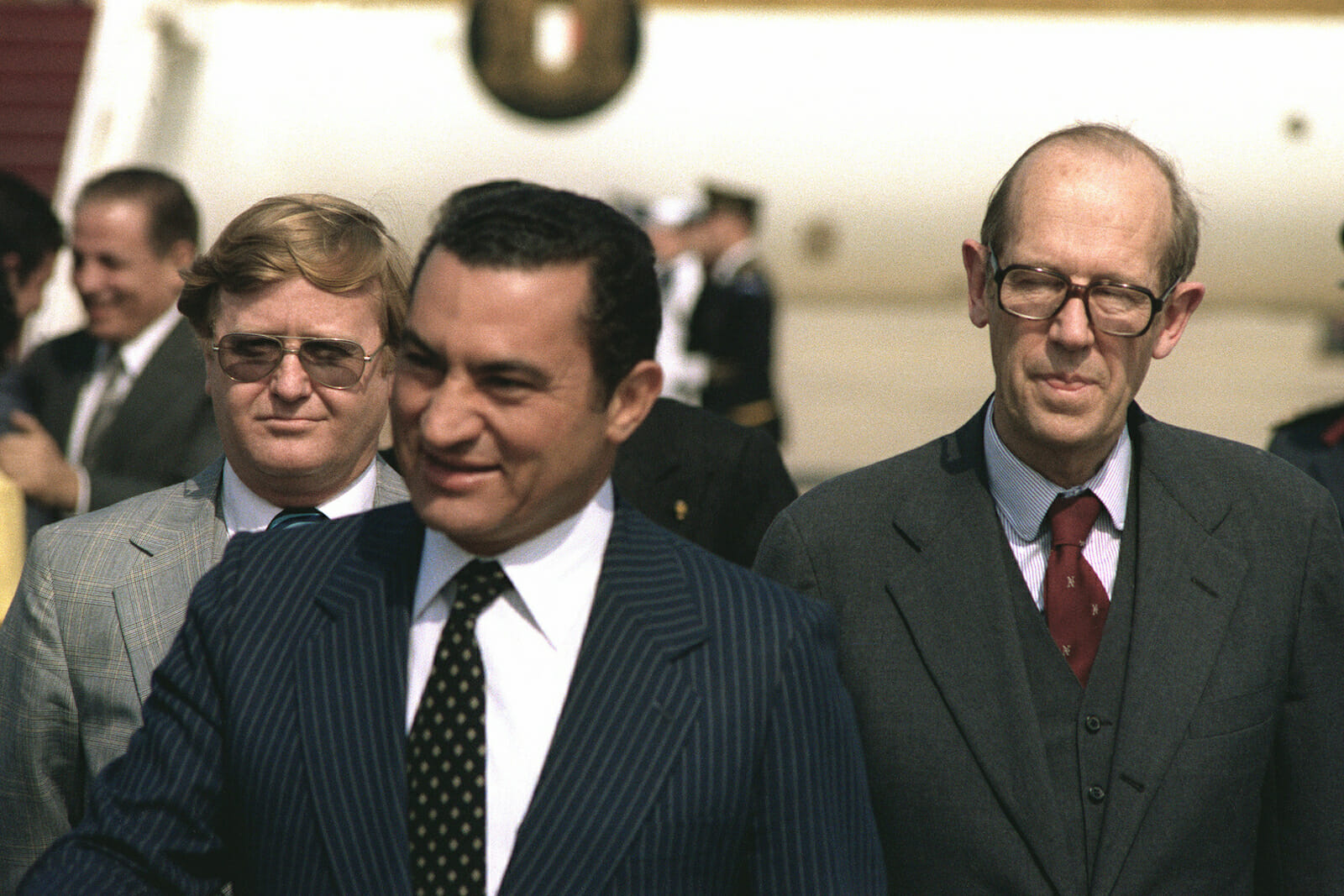
Will Islamists Trump Democracy?
The Arab Spring led to the overthrow of Egypt’s President Hosni Mubarak, which unleashed the Muslim Brotherhood and Salafi Islamists in their quest to take control of the country.
President Mohammed Morsi assumed office on June 30, 2012, supported by Islamists. His goal is to establish an Islamic state ruled under Sharia, the Islamic law. The ultraconservative Salafists also want to participate in the governing process. More bloodshed in Egypt can be expected since democracy in a Muslim society will be difficult to attain. The protesters have said they wanted ‘change,’ which the U.S. interpreted as our form of democracy. In reality, the Muslim Brotherhood and Salafists both observe narrow tenets of early orthodox conservatives, which are not compatible with the tenets of democracy. The State Department has defended the regime change noting, “It was the process that matters, not the ideologies of those taking part,” and that, “[We] trained and gave guidance to the Muslim Brotherhood and other fundamentalist candidates in the electioneering process.”
The Muslim Brotherhood has since dominated daily life, expanding its grip on a society that had just rid itself of an autocratic ruler. What they got back instead was an Islamist who wants to institute Sharia, and create a Pan-Islamic caliphate among the Arab states. This could be a prescription for on-going destabilization in Egypt, and across the Maghreb and Sahel region. Democracy will not take hold in such an ultraconservative Islamic culture. Libya’s President Mohammed Magerief is under pressure from Islamists, as he attempts to institute democratic governance, as is President Moncef Marzouki of Tunisia, President Abdelaziz Bouteflika of Algeria, and King Mohammed VI of Morocco.
The Muslim Brotherhood and Salafists will continue to compete for control of the entire region. The U.S. has only a few friends in the Muslim community who trust us, and believe we are not at war with Islam. Most feel we have an inconsistent foreign policy toward Muslims and Islam in general. With the Muslim Brotherhood takeover of Egypt, we lost a friend that maintained peace in a region, honoring the Israeli Peace Accord of 1979. The Muslim Brotherhood, formed in 1928, became intertwined in the 1960’s with the Wahhabists in Saudi Arabia. Their influence today stretches across the Arabian Peninsula, including involvement in Syria, Lebanon, Jordan and the Gaza Strip. President Morsi has already shown his disdain for Israel, by allowing Islamic extremists to become embedded in the Sinai Peninsula, which is a threat to Israel’s security, in violation of the peace accord. Morsi’s recent visit to Iran, sources say, has cemented a working relationship to underpin Hamas, which will continue to destabilize the region.
Egypt is not addressing the issues of unemployment, poverty, high food prices, and human rights abuses. Mohammed Morsi, who was democratically elected, promised a new beginning for the country. However, in October the Washington Post wrote, “Egypt’s Islamist revival most evident at the grassroots,” noting that a “draft of Egypt’s new constitution, which will replace the 1971 version used under Mubarak, was released last week.” This version stipulated “that Islam is the religion of the state and that the principles of Islamic law are the primary source of legislation.” If Morsi enforces such an edict, it will be the prelude of massive demonstrations by secularists and liberals.
President Obama and Secretary Clinton, in late November 2012, lauded President Morsi for helping to mediate a cease-fire between Israel and Hamas. Bestowing praise on this Islamist only emboldened him to seek absolute control over the decision-making process in Egypt, without the possibility of a challenge by the judiciary. Mohammed ElBaradei, a well-respected Egyptian reform leader, proffered, “Morsi today usurped all state powers and appointed himself Egypt’s new pharaoh…a major blow to the revolution that could have dire consequences.”
The U.S. support of the dissidents in Egypt, Libya, and Tunisia, in deposing dictators, only emboldened a new breed of Islamic extremists. The ultimate goal of these Islamists is to create Islamic states, not institute the unfamiliar tenets of freedom, rule of law, transparency or religious coexistence. Broader regional concerns are the Wahhabists who reject modern influences and the Salafists who follow the original tenets of Islam, both wanting to take the Arab countries back to the 12th century, when Sultan Saladin became the Sultan ruler of Egypt and Syria; led Muslim armies into battle with the Crusaders, taking control of Jerusalem.
After the Gaza ceasefire Muslim Brotherhood General Guide Muhammad Badi,’ in a sermon, reportedly stated: “The Palestinian cause is most important…much blood has been spilled in the region, and this stream of blood will not stop as long as [Israel] continues usurping Palestinian land. The Muslim and Arab nation will not rest until it wins back all of Palestine.” Thus the Muslim Brotherhood, in its anti-Semitic rhetoric, has drawn a ‘line-in-the-sand.’
With a lack of democratic institutions, in the liberated Arab countries, one needs to question whether the Arab Spring and regime change were worth the loss of four American lives in Benghazi. The incursion into North Africa, from the inception, was a military operation without an endgame plan. We inspired a new generation of Islamic extremists and unleashed the suppressed Muslim Brotherhood. At the same time, we placed Israel in the precarious situation, of having to deal with a hostile Egyptian government. Our only leverage, over the ‘new pharaoh,’ is the billions of dollars of aid we provide to Egypt. Expect this Islamist regime to support the Arab countries surrounding Israel–a small island of democracy–in an unfriendly neighborhood, fighting for its survival.

